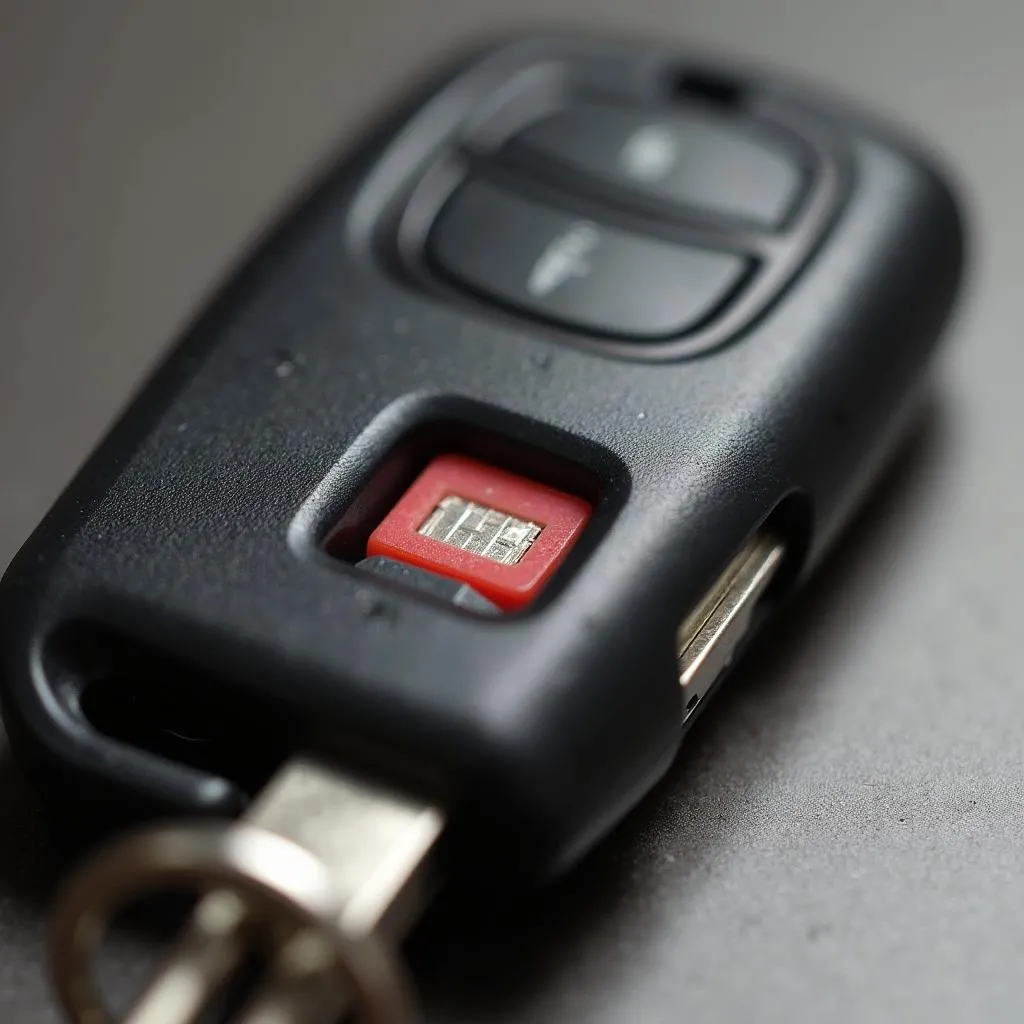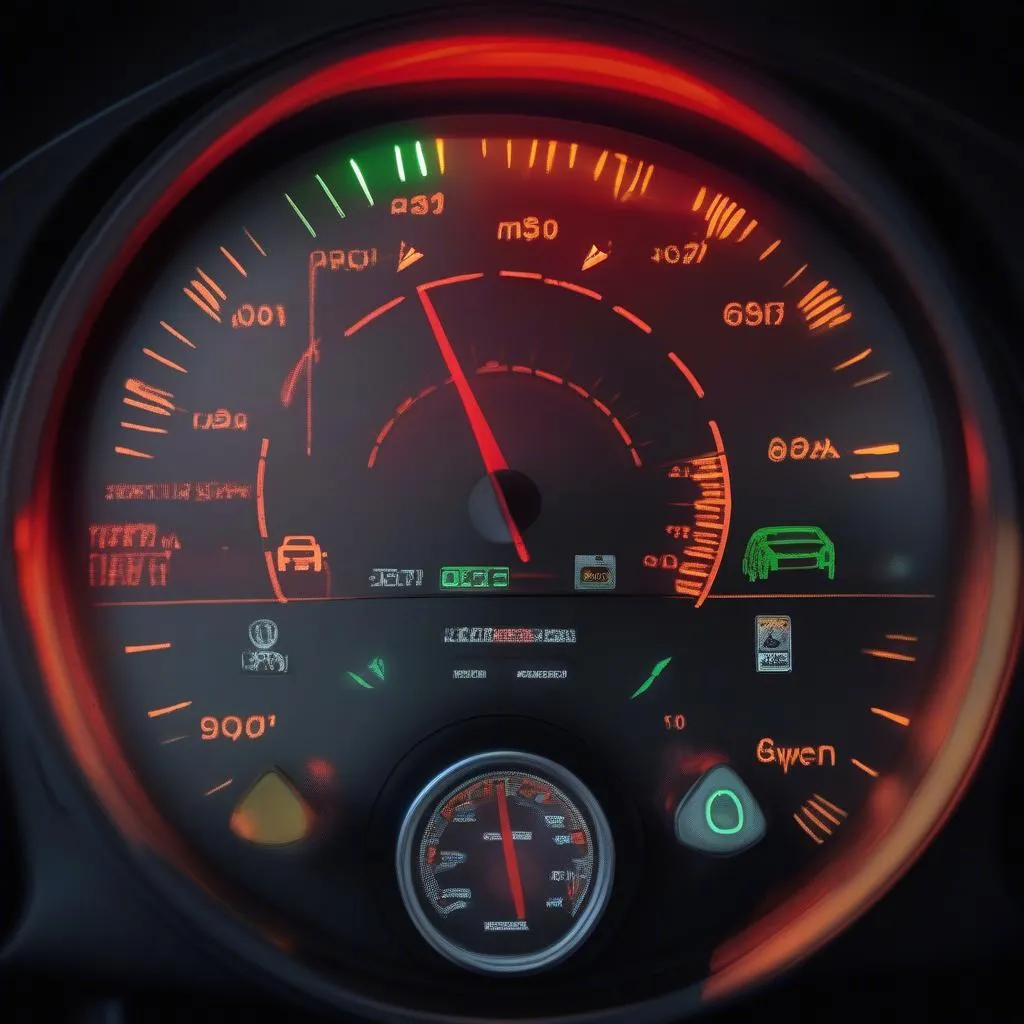Cold weather can wreak havoc on your car battery. From slow cranking to complete failure, cold weather car battery issues are a common winter woe. This guide dives into the science behind these problems, offers practical troubleshooting advice, and provides expert tips for preventing cold-weather battery woes.
Why Does Cold Weather Affect Car Batteries?
Cold temperatures reduce the chemical reactions within a car battery that produce electricity. This leads to a decrease in available cranking amps, the power needed to start your engine. The thicker engine oil in cold weather also requires more power to turn the engine over, exacerbating the problem. Additionally, cold weather can accelerate the self-discharge rate of your battery, further draining its power. What might seem like a minor inconvenience can quickly turn into a significant problem, leaving you stranded. If you’ve ever experienced a battery discharge problem in car, you know how frustrating it can be.
Understanding the Science Behind Cold Weather Battery Issues
The chemical reactions within a lead-acid battery rely on the movement of ions. Cold temperatures slow this movement, reducing the battery’s ability to deliver power. Think of it like molasses flowing in winter – slow and sluggish. This sluggishness can lead to situations like a car cranks slowly but wont start, a common symptom of cold weather battery issues.
Identifying Cold Weather Car Battery Problems
Recognizing the signs of a dead battery in your car is crucial, especially during winter. Common symptoms include:
- Slow cranking: The engine turns over slowly or struggles to start.
- Dim headlights: Headlights appear dimmer than usual, especially when the engine is off.
- Clicking sound when turning the key: This indicates the battery doesn’t have enough power to engage the starter motor.
- Dashboard warning lights: The battery or check engine light may illuminate.
Preventing Cold Weather Car Battery Drain
Taking preventative measures can save you from a cold-weather battery breakdown. Here are some tips to prevent car battery from draining:
- Park indoors: If possible, park your car in a garage or covered area to protect it from the elements.
- Keep the battery clean: Corrosion on the battery terminals can impede the flow of electricity. Clean them with a baking soda and water solution.
- Limit short trips: Short trips don’t give the alternator enough time to fully recharge the battery after starting the engine.
- Use a battery tender: A battery tender keeps the battery fully charged during periods of inactivity, especially beneficial for vehicles stored during winter.
“Cold weather is a battery’s worst enemy,” says John Smith, ASE Certified Master Technician. “Taking preventative measures can significantly extend the life of your battery and avoid inconvenient breakdowns.”
Troubleshooting Cold Weather Car Battery Issues
If you’re experiencing cold weather car battery issues, here are some troubleshooting steps:
- Jump-start the car: Use jumper cables to start the car from another vehicle with a good battery.
- Test the battery: Have the battery tested at an auto parts store to determine its condition and charging capacity.
- Check the alternator: A faulty alternator won’t properly charge the battery, leading to issues in cold weather. Some vehicles, like the 2015 gmc acadia battery problems, can have specific alternator-related issues.
- Replace the battery: If the battery is old or failing, replacement is often the best solution.
“Don’t underestimate the impact of cold weather on your battery,” advises Jane Doe, Automotive Electrical Engineer. “Regular maintenance and prompt attention to warning signs can save you time, money, and frustration.”
Conclusion
Cold weather car battery issues can be a significant headache, but with proper understanding and preventative measures, you can avoid being left out in the cold. By recognizing the signs, troubleshooting effectively, and implementing preventative maintenance, you can ensure your car starts reliably all winter long. Don’t let cold weather car battery issues leave you stranded!
FAQ
- How long do car batteries last in cold weather? The lifespan of a car battery in cold weather can vary, but generally, it can be shortened compared to milder climates.
- Can I leave my car running to warm up the battery in cold weather? While briefly running the car can help, excessively idling can be inefficient and potentially harmful to the environment.
- What type of battery is best for cold weather? Batteries with a higher CCA (Cold Cranking Amps) rating are generally better suited for cold climates.
- How often should I test my car battery? It’s a good idea to test your battery at least twice a year, especially before the onset of winter and summer.
- Can extreme cold kill a car battery? Yes, extremely cold temperatures can significantly damage a battery, potentially shortening its lifespan or causing it to fail completely.
- Does a car battery charge faster in cold weather? No, batteries charge slower in cold weather due to the reduced chemical activity.
- What should I do if my car battery dies in cold weather? Try jump-starting the car or calling for roadside assistance.


